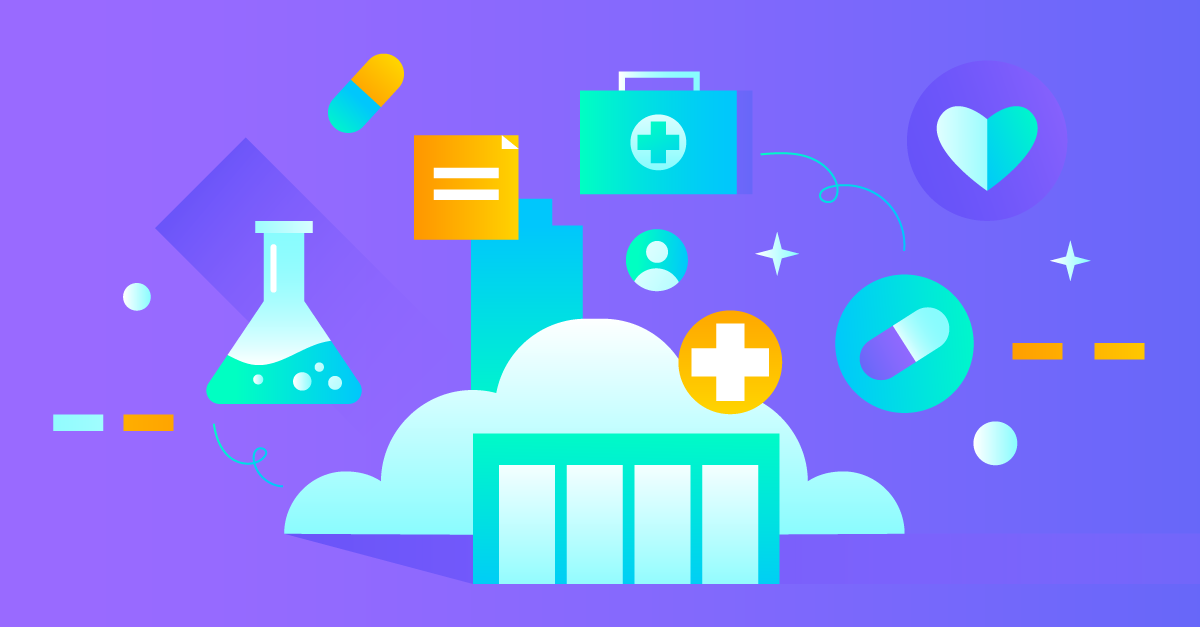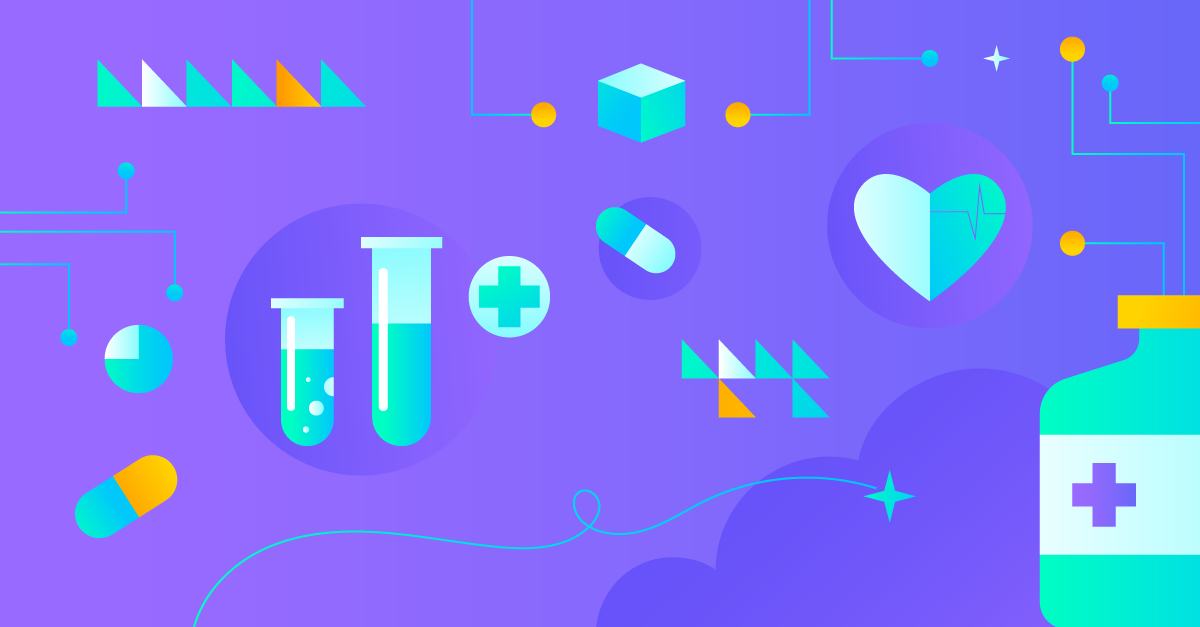Top 5 Opportunities for Performance Optimization in Healthcare
In today’s uncertain macroenvironment, healthcare and life science companies are under constant distress, seeking ways to improve clinical and operational performance while maintaining financial stability. With productivity levels of around 43 percent across the industry, modernizing legacy systems and embracing technological change is now a top-of-mind priority.
As discussed in The Prognosis for Progress: Healthcare Software Development Team Trends whitepaper, dedicated healthcare-focused development teams become a modern necessity for keeping business running smoothly during turbulent times. Software teams provide the right mix of expertise, domain knowledge, and flexibility to resolve significant capacity challenges, enabling better focus on patient care and critical operations.
Here, we look at the five foremost opportunity areas that extended teams unlock for global healthcare and life science companies.
#1 - Operational Efficiency
To drive efficiency and sustainable improvements, healthcare companies must remove legacy barriers and seamlessly connect across the entire patient pathway, enabling enhanced patient and provider engagement. Smooth operational transformation often requires a dedicated technology partner capable of eliminating security gaps and providing efficient modernization scenarios without disrupting current operations.
Apart from resolving legacy platform challenges, a dedicated healthcare software development team can reduce the likelihood of poor outcomes due to error and variability through digitizing common processes or integrating value-added features (e.g., predictive analytics) for improved resource management, planning, and execution.
#2 - Data Access and Interoperability
Disparate IT systems and lack of interoperability greatly hinder productivity, leading to longer turnaround times, overhead expenses, and employee burnout. Through building a single and accessible data repository for all stakeholders, healthcare companies can achieve (near) real-time visibility and accelerate the use of data and insights for streamlined operations and more accurate clinical decisions.

By consolidating all payer, patient, and provider data from multiple systems (EHR’s, HIE’s, etc.) into a centralized and secure platform, extended teams can reduce administrative burdens, improve care delivery, and prevent data leaks via unauthorized individuals. Instead of spending hours mining information from disjoint sources, healthcare leaders and software vendors can create more meaningful patient care interactions and personalized treatment plans.
#3 - Refined Care Delivery
Maintaining quality care is an ever-increasing challenge fueled by the growing regulatory complexity and patient expectations for more personalized and seamless care. Extended teams can deliver value and optimize care delivery by embracing consumer perspective throughout the healthcare experience value chain.
By placing human-centricity and design thinking at the heart of every experience, companies can better understand consumers to address their primary concerns and ensure every patient-provider-payer interaction is convenient, timely, and seamless. This way, healthcare providers can deliver solutions and services that integrate naturally into every individual’s daily life, providing the desired level of personalization, connectivity, quality, and speed.
#4 - Smart Process Automation
Approximately 60 percent of healthcare employees say that their work requires manual data entry or analysis, and automating these routine activities could save at least six hours per week. To reduce manual efforts and increase efficiencies, healthcare companies can apply robotic process automation (RPA). RPA allows streamlining routine record-keeping and admin procedures, eliminating natural human error, and enabling employees to focus more on patient-centric and value-generating functions.
According to Deloitte’s survey, RPA can lead to improved compliance (92 percent), enhanced quality/accuracy (90 percent), boosted productivity (86 percent), and cost reductions (59 percent). Depending on the specific business needs, a dedicated software development partner can enable more complex AI-empowered automation for optimizing hospital caseload management or insurance claims processing and billing.
#5 - Connected Supply Chain
Understanding purchasing and usage trends, access to real-time analytics, and patient-provider connectedness are essential for effective supply chain management. Extended teams can foster a clear path to a connected, smarter, and faster digital supply chain by developing solutions for predicting supply disruption risks, drug shortages, and real-time inventory tracking and management.

Moreover, by digitizing the supply chain at the point of use, companies can also improve visibility into consignment inventory at the patient bedside and adjust movements to shortage areas. Not only does it save costs and increase productivity, but digitization also leads to higher patient satisfaction by reducing waiting times.
The Impact to Healthcare
Overall, the healthcare industry faces a confluence of changes and influential trends, including increased demand, rising costs, regulatory complexity, and uneven quality. Ignoring these can lead to massive financial and operational burdens, resulting in an average of six percent margins decrease for companies that won’t act.
For healthcare and life science companies and software vendors striving to drive process efficiencies and improve care delivery, hiring a dedicated development team becomes a game-changing decision. Let’s talk today about how a healthcare-focused extended team can bring value and support you on your performance optimization journey.


